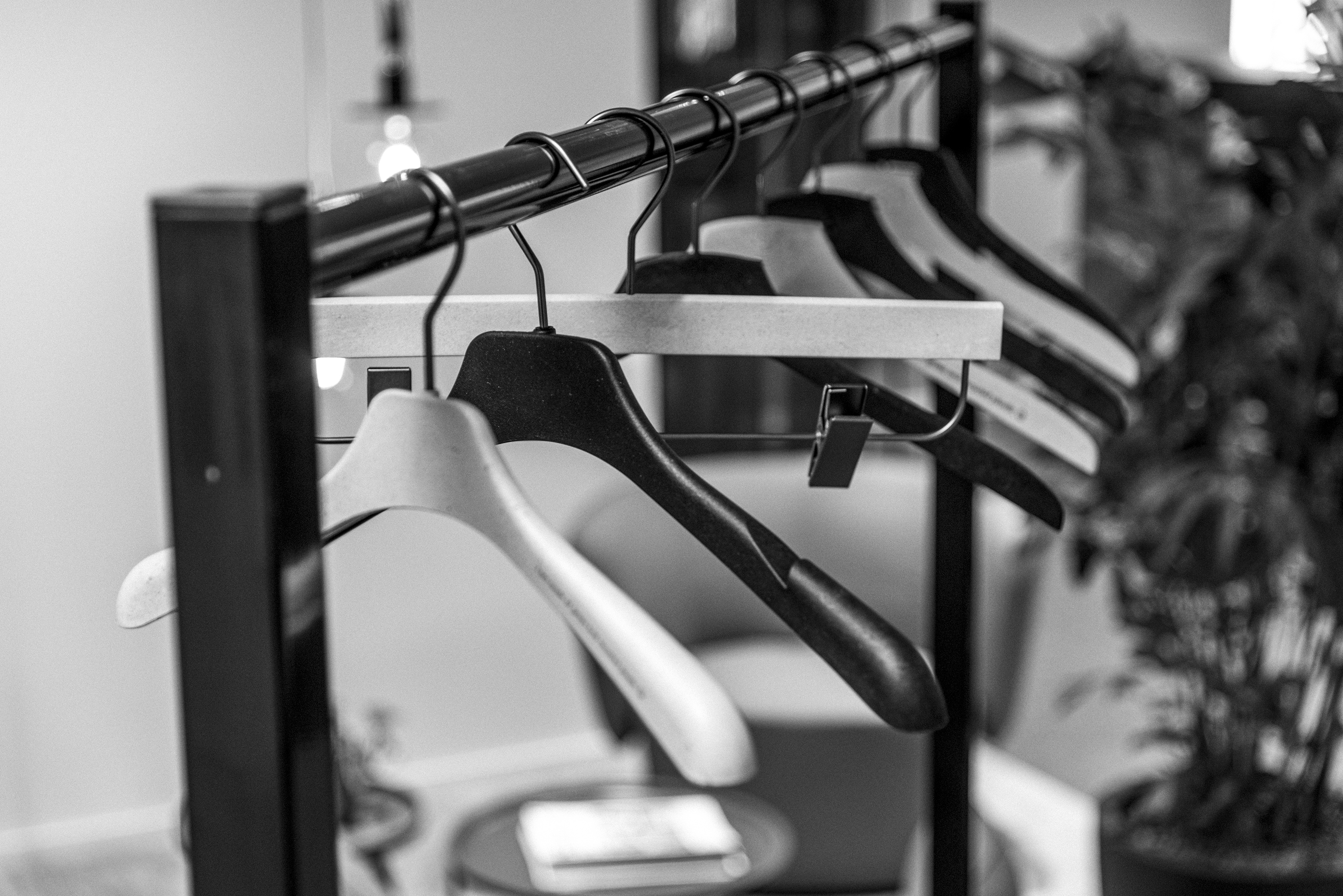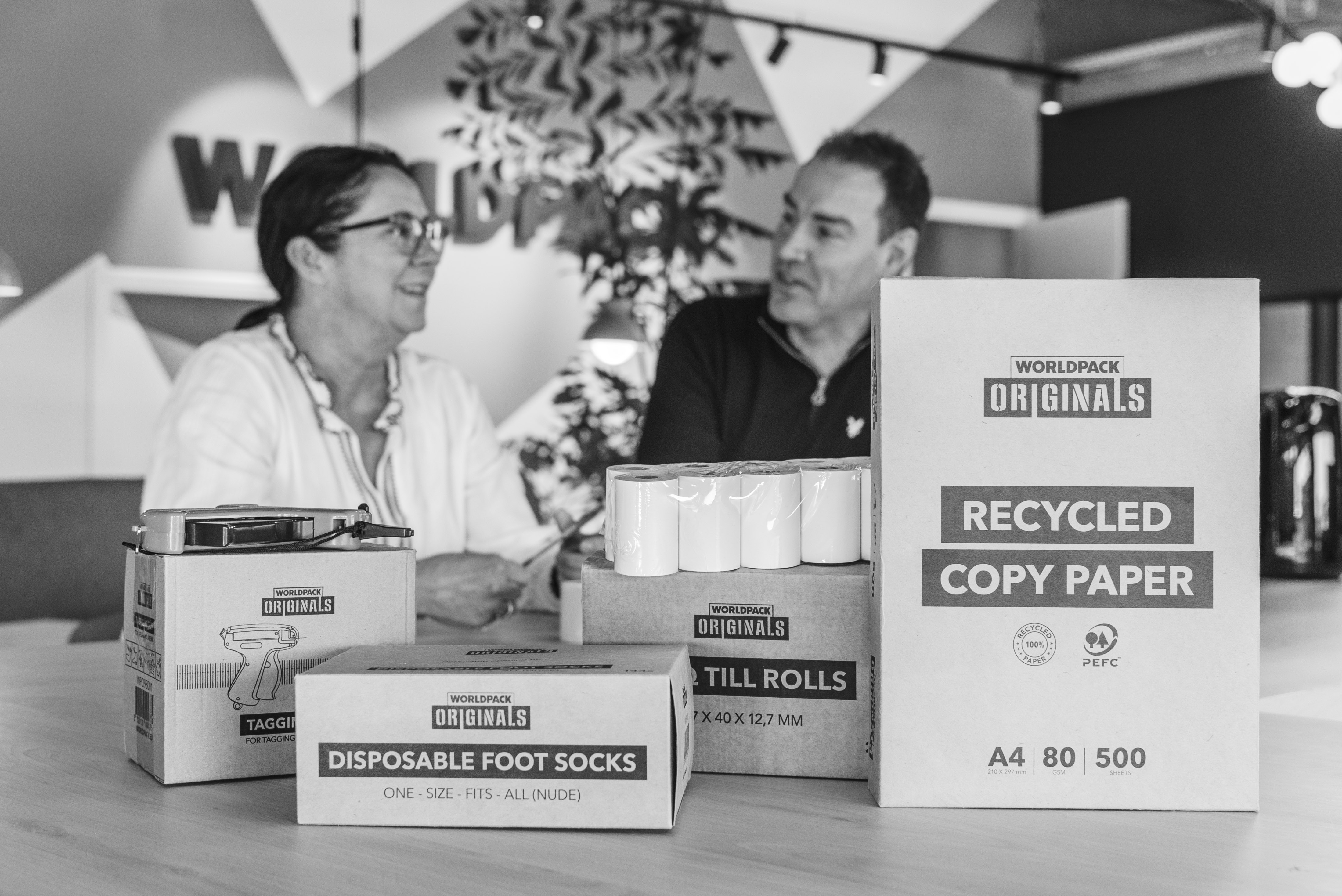With the introduction of tougher Extended Producer Responsibility (EPR) regulations in 2020, and ongoing changes to legislation, retailers have to take ownership of their environmental impact up and down the supply chain, as well as in-house.
As PwC explains: “Extended Producer Responsibility (EPR) describes environmental policies that makes producers responsible for the entire life cycle of their products, spanning from design to end-of-life management, including waste collection and recycling. EPR aims to ensure that producers actively engage in sustainable practices and decrease the total environmental impact from their products and packaging.”
Data is key to understanding your single-use plastic obligations
Since 2020, there has been a ban on certain single-use plastic items across the EU. Plastic cutlery, straws and plates are among the banned items.
But there are still plenty of single-use plastic items that retailers use, and produce, and it’s your legal obligation to know the plastic content of those products, packaging and waste.
Why? Because single-use plastic is a problem. Even now, with a climate crisis at the top of the agenda, 50% of the plastic that’s produced every year is single-use and ends up in landfill.
Data will be crucial to helping you solve this problem. You need to know what’s in your products, so that you can make informed decisions about the design and composition as well as understanding your financial liabilities around plastic.
Questions that you need to be asking include:
How much plastic is in our products?
Can they be re-used? How many times?
What can be re-designed with no plastic?
Where can plastic levels be reduced?
How much recycled plastic is in our products?
How much virgin plastic are we using?
What are customers doing with our single-use plastics?
How will we recycle or re-use our single-use plastic items?
It’s worth solving as many of these problems as you can, because fines and taxes will be levied on your business if you fail to meet the criteria.
Packaging and waste
In 2021, the EU generated an estimated total volume of 84.3 million tonnes of packaging waste.
To eliminate this waste heading to landfill, the EU has introduced waves of legislation.
Some are still without deadlines, but being prepared is essential because complete bans have been proposed on some packaging items. Doing what you can now, will ensure the best outcome for your retail business.
By the end of 2024, you will be responsible for the financing and organisation of packaging waste recycling or re-use. If you can reduce the amount of packaging you have, and increase the opportunity for re-use, then you can reduce your liabilities and potential financial implications. If you’re not already investing in your packaging re-design, then it should be a top consideration for 2024. And if you need assistance or some inspiration, speak to our team as we can help you source alternative, more eco-friendly solutions.
By December 2025, at least 65% of all your packaging waste must be recycled. By 2035, all your packaging must be designed for recycle.
Where your packaging is reusable, it’s your responsibility to clearly display that information so that it’s clear to your customers. And you must clearly label it with its composition. Empty space must be reduced and lightweight bags must be compostable.
While all of this may seem daunting, you can gain inspiration from countless stories from businesses across Europe who are making strides within sustainable packaging. Speak to us about some of the changes we have helped retailers implement.
Watch your language
A key area that is also being tightened is the language that you can use around your green claims. Greenwashing has been a hot topic for some time, with businesses claiming to be doing more than they actually are. And legislation is clamping down on this.
The Green Claims Directive was adopted in March 2023, and is designed to stop companies from making misleading claims about the environmental benefits of their products or services.
It provides retailers with:
- clear criteria on how you should prove your environmental claims and labels
- requirements for these claims and labels to be checked by an independent and accredited verifier and
- new rules on governance of environmental labelling schemes to ensure they are solid, transparent and reliable.
Ultimately, any statements you make about your products or services must be backed up with scientific documentation, driving you to be specific with green claims for your products or services.
In the past, many retailers have relied on vague terms such as ‘Greener Choice’, ‘Conscious’ or even ‘Sustainable. Now, the onus is on retailers to provide specific claims that can be backed up with proof for example, ‘Compostable product’ or ‘100% recycled material’.
All of this is designed to help consumers make more informed decisions around the products they choose.
Starting to identify the areas that you need to improve on and gathering data to inform your choices is essential to meet your green obligations. With some small steps in the right direction, you can set yourself up to be one step ahead of the ever-changing legislation.
If you need help making greener choices with your packaging and plastic, then speak to our team on +31 (0) 88 494 20 80 or email us at online@worldpack.eu


